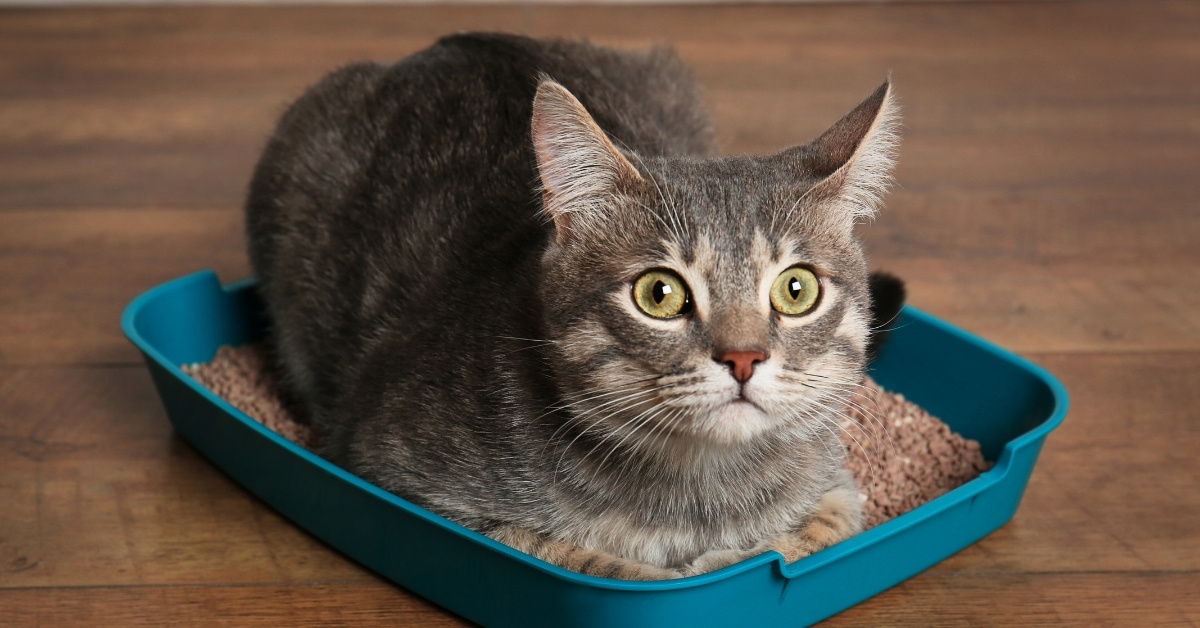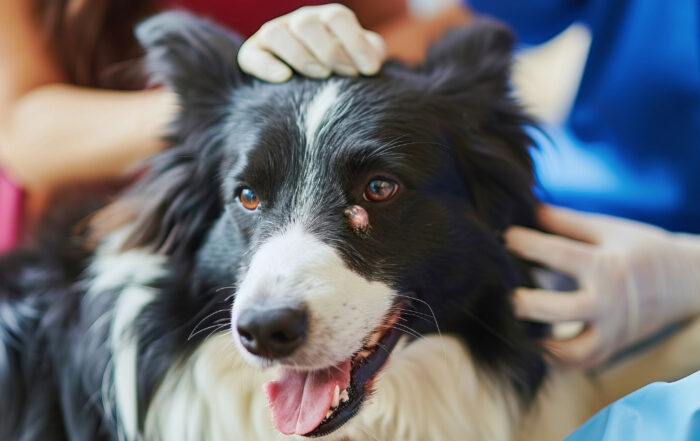Could My Cat Have a UTI?

Yes, cats can get urinary tract infections, just like adults. Common signs include:
In addition, loss of appetite can sometimes occur if your cat is in pain or ill. However, other issues such as ear infections, allergic reactions, bite wounds, or toxic ingestion can also cause similar symptoms, so it is important to observe the context and any additional signs.
If you suspect your cat has a UTI or is showing concerning symptoms, it is best to consult a veterinarian for proper diagnosis and treatment. Or book a visit with us at Ally Urgent Veterinary Care so we can triage the case and facilitate transfer to a clinic that can best meet your feline’s needs. Reach us at 757-900-ALLY (2559).
Recent Posts






